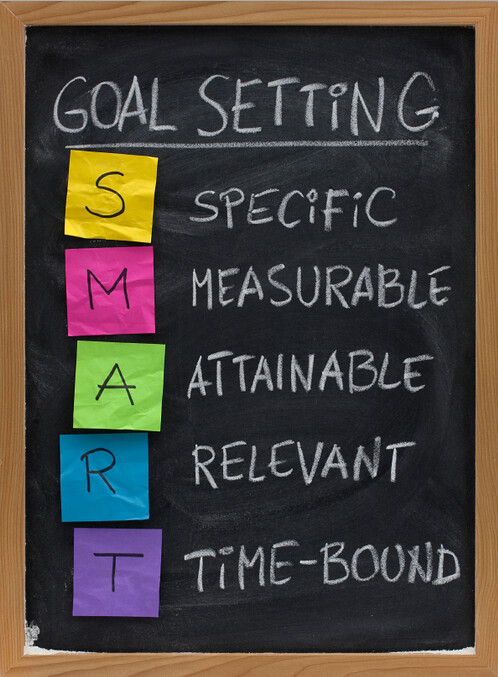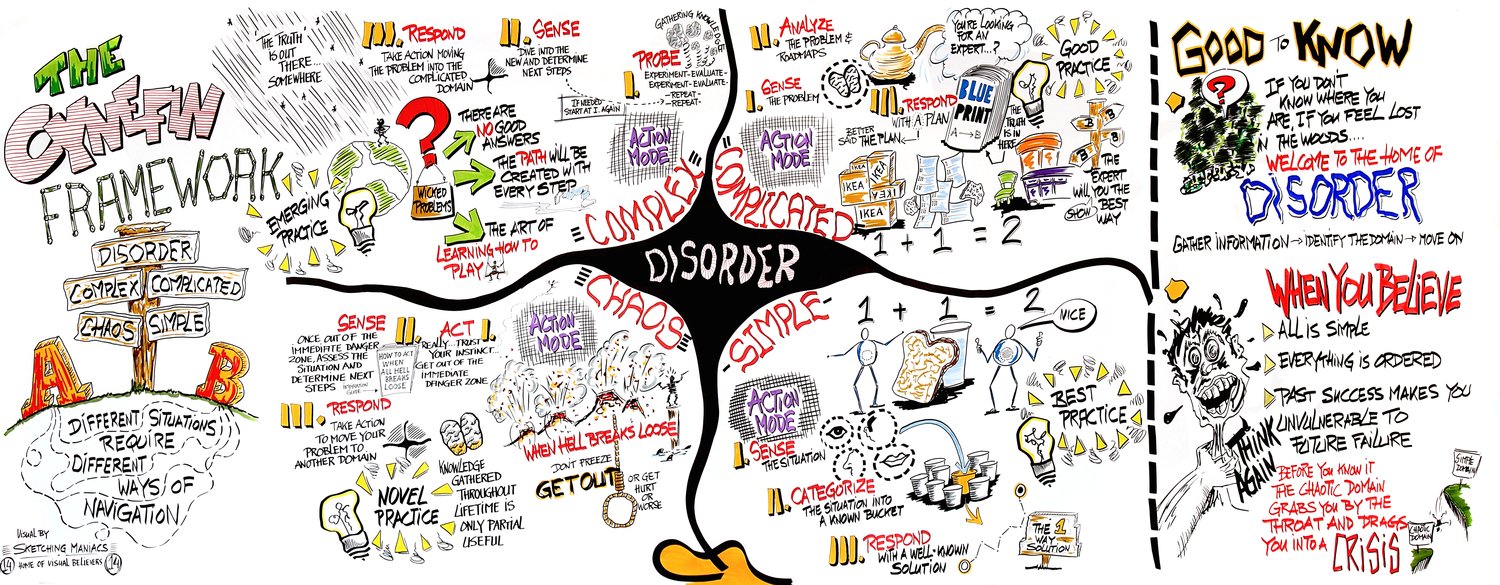Introduction
Formal education is broken, expired and fundamentally flawed. Academic experts across the world have argued that our current education system is not fit for purpose. The public mirrors their arguments too, everyone from politicians, parents, teachers and students can, and do find fault with the current system. Yet, despite these arguments, formal education has changed very little since the industrial revolution. The question then arises, if so much is wrong with education, and so many are dissatisfied, why then has there been so little change?
My personal experience as a beginning teacher also mirrored this dissatisfaction. With less than two years of experience as a classroom teacher, I had already become disillusioned with the education system. My dissatisfaction was not just limited to the education system in New Zealand, but rather started in England where I had begun my career as a science teacher in a very low socioeconomic area. I started my career in a school that had a disproportionately large number of students in foster care, a large number of refugees and a student body that was so malnourished that school inspectors and other visitors frequently commented on the small stature of particularly the boys (Murray, 2011). Whilst working in this school, it was glaringly obvious, everyday, that the current system was just not serving those students who were most at risk. The students were disengaged, angry and disheartened. From this very low socio economic school in England, I moved to my next role as a science teacher in New Zealand. This new school was only eight years old with great infrastructure, had good reports from the education review office, and was in a high socio economic area. However, here too, the students were disengaged, anxious, unhappy, and found much of their schooling experience irrelevant to their lives. If in both these polar opposite schools, the system was not serving the students, I started wondering if there was something fundamentally wrong with the entire education system.
As well as the severe disengagement of student, national and global news was and is littered with stories of university graduates who can not find jobs, who are moving back home at thirty, who can not buy homes. In addition, employers are arguing that graduates do not have the skills required to be successful in the workplace (Alton, 2016; Duronio, 2012).
Increasingly, I became dissatisfied with the status quo. It was this dissatisfaction that drove me to Twitter where many educators were convening around a range of hashtags to discuss their own frustrations with education in their context. Twitter functions through the use of a hashtag that tags words, making them searchable and filtering them to a particular stream. This means that using a hashtag, anyone can participate in the discussion about a certain topic. A number of the education chats are contextualised to location or theme for example, #dtk12chat for design thinking in K12 education or #UKedchat for United Kingdom Education. Through the public discussions of educators around hashtags such as #edchat, #PBLchat, and more, I had been exposed to a brave new world of alternate ways of thinking about education. It was through Twitter that I was first exposed to new pedagogies that attempted to reconcile some of the shortcomings of the current systems such as project based learning, bring your own technology, design thinking and more.
However, despite there being many New Zealand educators participating in these online discussions, there was not yet a hashtag that allowed a single space for New Zealand educators to discuss education in our national context.
Hence, in October 2012, in the absence of a clear New Zealand hashtag for education, I launched #edchatNZ. This was an effort to curate the New Zealand discussions of education, teacher practice and professional learning. Now more than four years down the track, this hashtag has grown beyond a bit of code, into a professional learning community. Although there is no formal membership, various educators from across the country regularly use this as a space to discuss and learn. Fortnightly Twitter chats have become supplemented by two national conferences, a podcast and a range of live webinars. #edchatNZ has also helped a number of other New Zealand based education chats get started. We have even collaborated for joint chats with #aussieED, an Australian based Twitter chat. Because the foundation of this community was around the need for change in education, all online events have remained free so that as many people as possible might engage in the discussion. Even our two conferences charged a registration fee below $30 in order to enable more people to participate since almost everyone in our community participates in their own time, through no encouragement of their school.
Although #edchatNZ started as a means to curate New Zealand education debate, conversation and learning, it has evolved immensely. The community, and the leadership thereof has evolved into a narrative of rethinking education, both at the classroom teacher and system wide level. Through the discussions of the #edchatNZ community, it appears that this community has evolved to think of themselves as the space where the movers and shakers, the lone nuts (see Derek Sivers’ TED talk, How to start a movement), and even the revolutionaries meet and discuss their ideas. It is often those people who find themselves dissatisfied with the status quo that makes their way to #edchatNZ.
The #edchatNZ community consist of a diverse group of people with a range of expertise. It is for this reason that the leadership of this community needs to examine how it brings appropriate levels of challenge for all members of its community. Additionally, Twitter limits each tweet to 140 characters, and although over a single hour of live moderated #edchatNZ conversation there are usually well over 1000 contributions, the medium is ultimately limited in depth. Hence, in pursuit of challenging this community, I began exploring alternative options to further our collective learning and resulting practice. It was through the exploration of these alternative ways that might extend the professional learning and discussion of the #edchatNZ community, that the idea of the #edchatNZ Massive Open Online Course (MOOC) was born. A MOOC could still maintain the informal membership and community aspects of #edchatNZ, whilst providing the space for extended, deeper and sustained discussion, exploration and new avenues of professional learning. The #edchatNZ MOOC, or formally called Cyborgs, Schrödinger and School – Rethinking Education for the Future, became an eleven week course that sought to challenge participants to deeply question their underlying beliefs about education, test those ideas in against current global trends, and then take action accordingly.
This thesis explores new territory in a number of ways. Firstly, the #edchatNZ community has a fundamentally different approach towards teacher professional learning as it seeks to develop the collective intelligence of the group, rather than focussing on the individual teacher in the classroom. Additionally, this community is both dynamic and diverse, with individuals in the community stretching the span of New Zealand, from remote, suburban and urban locations. Individuals have a range of expertise from beginning teachers, all the way to veteran teachers and senior leaders. Participation in community events are highly informal and community members will opt in or out according to their schedules and their professional learning interests and needs. Hence, the community members are highly autonomous, whilst still acting together as a network.
Secondly, this thesis also explores new territory in that it attempts to bring together a theoretical framework to make sense of this diverse and dynamic community, and the ways in which this network might be enabled to influence large scale shift in education. The #edchatNZ MOOC was specifically designed to increased the number of interactions participants had about education futures. Hence, This thesis uses ideas from complexity thinking and adult cognitive development, to make sense of these interactions, and any potential changes in the way participants or those they have interacted with think about education futures.
This masters project intends to capture whether a MOOC might serve as a means to nudge a learning community towards rethinking education at a deeper level. Ultimately, this project is an exploration of how we might develop the collective intelligence of the lone nuts in our schools to act with greater knowledge as they challenge the status quo in a system that is no longer serving its purpose.
References
- Alton, L. (2016). Millennials Are Struggling To Get Jobs - Here's Why, And What To Do About It. Forbes, 2016.
- Duronio, B. (2012, 24 April). Bad News: Just Half Of Recent College Grads Are Landing Jobs. Retrieved from http://www.businessinsider.com.au/northeastern-recent-graduates-jobs-2012-4?r=US&IR=T
- Murray, J. (2011, 27 June). New GCSE targets are a fresh blow to struggling school. The Guardian. Retrieved from https://www.theguardian.com/education/2011/jun/27/schools-government-gcse-targets
PS: The first go of planning this introduction and the literature review to follow was an explosion of post it notes. It was incredibly helpful and I really appreciate all the invaluable advice for getting started from the Patter blog, an incredibly useful blog for those doing academic research.
The photo does make me wonder just how many steps I am of going full John Nash from A Beautiful Mind...














